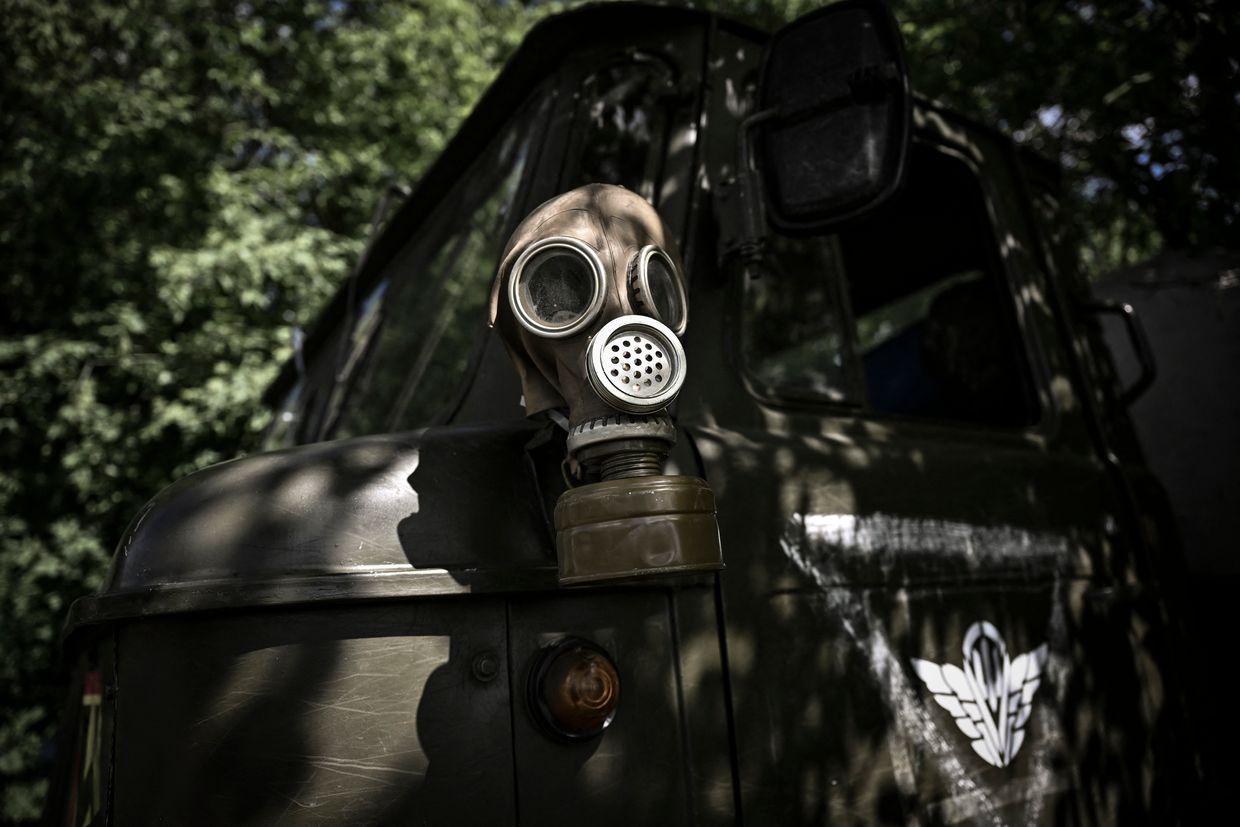Satellite images show expansion at Soviet-era bioweapons lab in Russia

Satellite imagery shows signs of a major renovation and expansion at a restricted military facility near Moscow that once housed a Cold War biological weapons program, the Washington Post (WP) reported on Oct. 25.
Sergiyev Posad-6, a military site northeast of Moscow, was a Soviet biological weapons research center during the Cold War. The Soviet military used the lab to experiment with weaponizing the viruses that cause smallpox and Ebola, among others.
Shortly after Russia launched its full-scale invasion of Ukraine in February 2022, satellite imagery indicated massive construction and renovation at the Sergiyev Posad-6 site, the WP reported, citing photos from imaging firms Planet Labs and Maxar. The expansion amounts to over 250,000 square feet and 10 new buildings.
According to experts in biodefense, the military, and satellite imaging who spoke to the WP, the facilities harbor some of the distinctive features of high-security biological labs that handle dangerous pathogens.
Among these features are extensive rooftop air handling units, underground infrastructure, heightened security, and a possible power plant. The layout is "consistent with lab design" and suggests "maximum containment" labs, one expert said.
"The upgrades are consistent with this secure, top-secret military biological facility's historic role in developing viral biological weapons," said Andrew Weber, a former Pentagon official and senior fellow at the Council on Strategic Risks.
Russian officials have said that the purpose of the labs is to study Ebola viruses and other deadly microbes in order to protect Russia from possible bioterrorism.
The expansion at Sergiyev Posad-6 coincides with a Russian disinformation campaign in the early months of the full-scale invasion, when the Kremlin falsely accused Ukraine of developing biological weapons.
Officials told the WP that it is impossible to tell from the satellite photos whether Russia plans to use the Sergiyev Posad-6 labs to research and develop biological weapons.
Biological warfare is banned under international law. While there is no evidence Russia has used such weapons in its war against Ukraine, Kyiv has accused Moscow of launching thousands of chemical weapons attacks during its ongoing invasion. Russian President Vladimir Putin has also repeatedly resorted to nuclear blackmail to deter Ukraine's Western allies from a more aggressive response.












